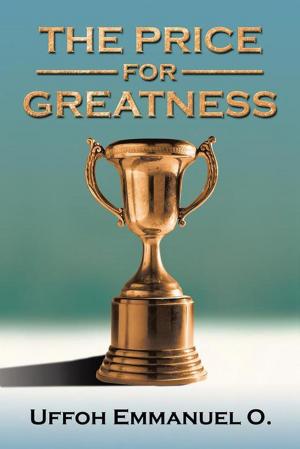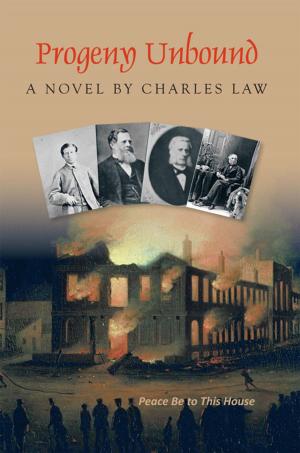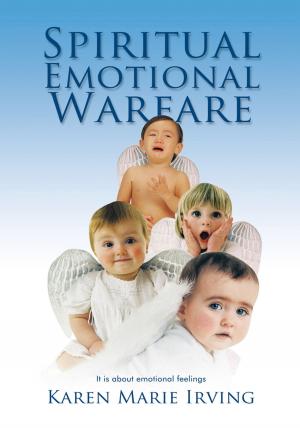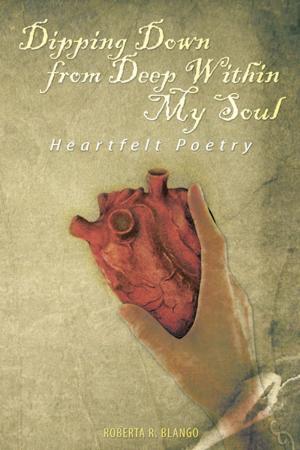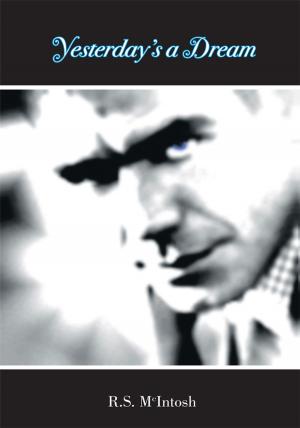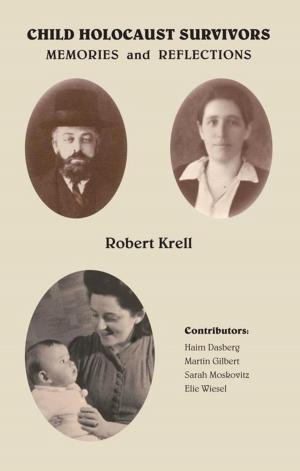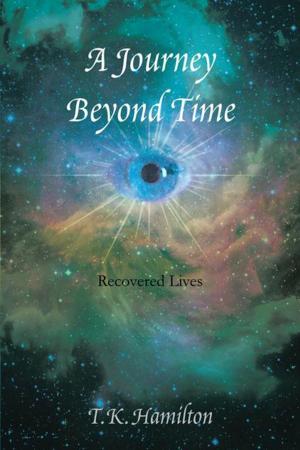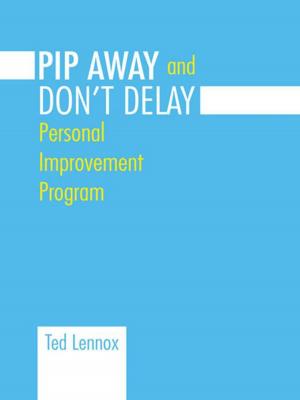Musings
Social, Political and Religious Criticism
Nonfiction, Social & Cultural Studies, Political Science, Religion & Spirituality| Author: | William Charles Arbaugh | ISBN: | 9781412229913 |
| Publisher: | Trafford Publishing | Publication: | January 30, 2005 |
| Imprint: | Trafford Publishing | Language: | English |
| Author: | William Charles Arbaugh |
| ISBN: | 9781412229913 |
| Publisher: | Trafford Publishing |
| Publication: | January 30, 2005 |
| Imprint: | Trafford Publishing |
| Language: | English |
It is often said that in polite conversation the topics of religion and politics should be avoided but how long can most of us carry an engaging conversation on the weather? One who is concerned about the directions in which this nation is moving must necessarily discuss controversial topics.
Have the labels liberal and conservative outlived their usefulness? Is liberalism truly a bad word? What are conservatives trying to conserve? Is it possible to rise above the din of partisan debate? These brief essays are critical comments on society, politics and religion in which the author avoids the pitfalls of extremism.
The author, a minister of the Lutheran Church and with an interest in education, sees danger in extreme positions, religious or political, noting that the "right" produced Mussolini's Fascism and Hitler's Nazism whereas the "left" resulted in Stalinist Communism. Against rigid, absolutist positions as well as spineless relativism, one is reminded of the church mouse who once delivered a pertinent aphorism: "If you stand in the middle of the road, the traffic in two directions will flatten you into road kill" (Essay 10). The point is that controversial topics must not be ignored.
Problems of narrowness, for example, have been tackled by the author in Essay 6, which begins with this paragraph:
Some years ago an acquaintance who liked to speak in grand terms said to me in all seriousness, "My philosophy is the pursuit of happiness". It was narrow and egocentric but at the time I had no response. However, now, many years later, I have an answer to that unforgotten statement, thanks to a guest at St. James. Last month Dr. William Foege ... [from the Carter Center and Emory University], speaking at St. James, stated that there have been many attempts to define civilization. One of these is happiness, which caused him to wonder whether a three-year-old with a chocolate might be more civilized than the parents.
It is often said that in polite conversation the topics of religion and politics should be avoided but how long can most of us carry an engaging conversation on the weather? One who is concerned about the directions in which this nation is moving must necessarily discuss controversial topics.
Have the labels liberal and conservative outlived their usefulness? Is liberalism truly a bad word? What are conservatives trying to conserve? Is it possible to rise above the din of partisan debate? These brief essays are critical comments on society, politics and religion in which the author avoids the pitfalls of extremism.
The author, a minister of the Lutheran Church and with an interest in education, sees danger in extreme positions, religious or political, noting that the "right" produced Mussolini's Fascism and Hitler's Nazism whereas the "left" resulted in Stalinist Communism. Against rigid, absolutist positions as well as spineless relativism, one is reminded of the church mouse who once delivered a pertinent aphorism: "If you stand in the middle of the road, the traffic in two directions will flatten you into road kill" (Essay 10). The point is that controversial topics must not be ignored.
Problems of narrowness, for example, have been tackled by the author in Essay 6, which begins with this paragraph:
Some years ago an acquaintance who liked to speak in grand terms said to me in all seriousness, "My philosophy is the pursuit of happiness". It was narrow and egocentric but at the time I had no response. However, now, many years later, I have an answer to that unforgotten statement, thanks to a guest at St. James. Last month Dr. William Foege ... [from the Carter Center and Emory University], speaking at St. James, stated that there have been many attempts to define civilization. One of these is happiness, which caused him to wonder whether a three-year-old with a chocolate might be more civilized than the parents.

